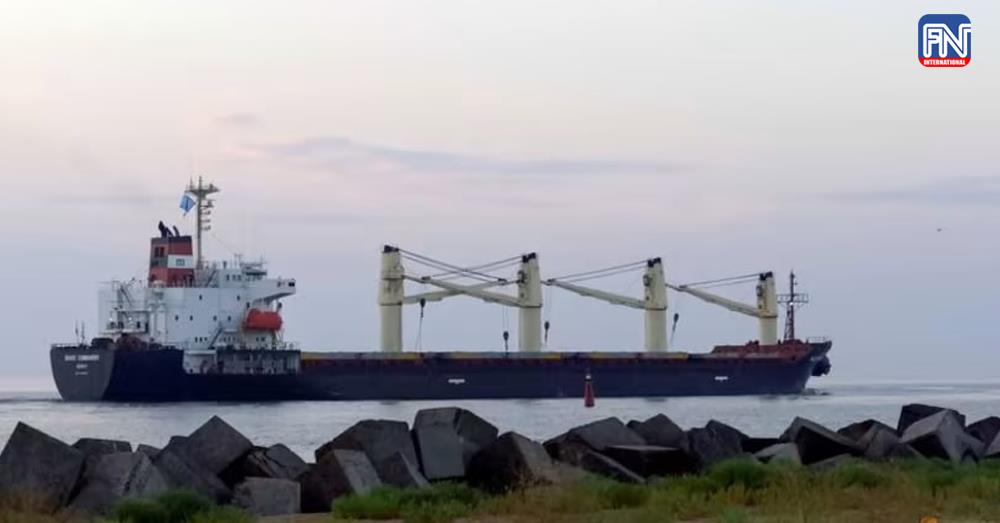KYIV, May 23 (Reuters) - The Ukrainian port of Pivdennyi has halted operations because Russia is not allowing ships to enter it, in effect cutting it out of a deal allowing safe Black Sea grain exports, a Ukrainian official said on Tuesday (May 23).
The Black Sea Grain Initiative signed by Russia and Ukraine last July, and extended last week for two months, is intended to guarantee the safe wartime export of grains and foodstuffs from three Ukrainian ports - Odesa, Chornomorsk and Pivdennyi.
The United Nations, which together with Turkey, brokered the deal and its extension, expressed concern on Monday that Pivdennyi - near Odesa on the Black Sea - had not received any ships since May 2 under the deal.
"Formally, the port of Pivdennyi is in the Initiative, but in fact it hasn't been there for a month. It has no incoming fleet," Ukrainian deputy renovation minister Yuriy Vaskov said.
"They (Russia) have now found an effective way to significantly reduce (Ukrainian) grain exports by excluding the port of Pivdennyi, which handles large tonnage vessels, from the initiative," he said in written comments.
Vaskov called the move a "gross violation" of the agreement.
The Black Sea grain deal was agreed to help tackle a global food crisis aggravated by Moscow's invasion of Ukraine in February 2022.
Under the agreement, all ships bound for Ukrainian ports must be inspected by a joint team including Russian inspectors. The Russian inspectors have since Apr 29 refused to inspect ships bound for Pivdennyi, Vaskov said.
Pivdennyi is the largest port included in the deal in terms of throughput. Restoration ministry data show it is storing about 1.5 million tonnes of food items for future export to 10 countries, with 26 ships due to come for them.
US State Department spokesperson Matthew Miller told reporters on Tuesday that Russia's actions were "a clear violation of their commitments" under the grain deal.
"(Russia's) continued obstruction of this initiative and threats to withdraw threaten to push up global food prices, threaten to reduce food accessibility for vulnerable populations around the world, and we once again call on Russia to stop holding global food supplies hostage," Miller said.
The Russian embassy in Washington did not immediately respond to a request for comment on Miller's remarks.
